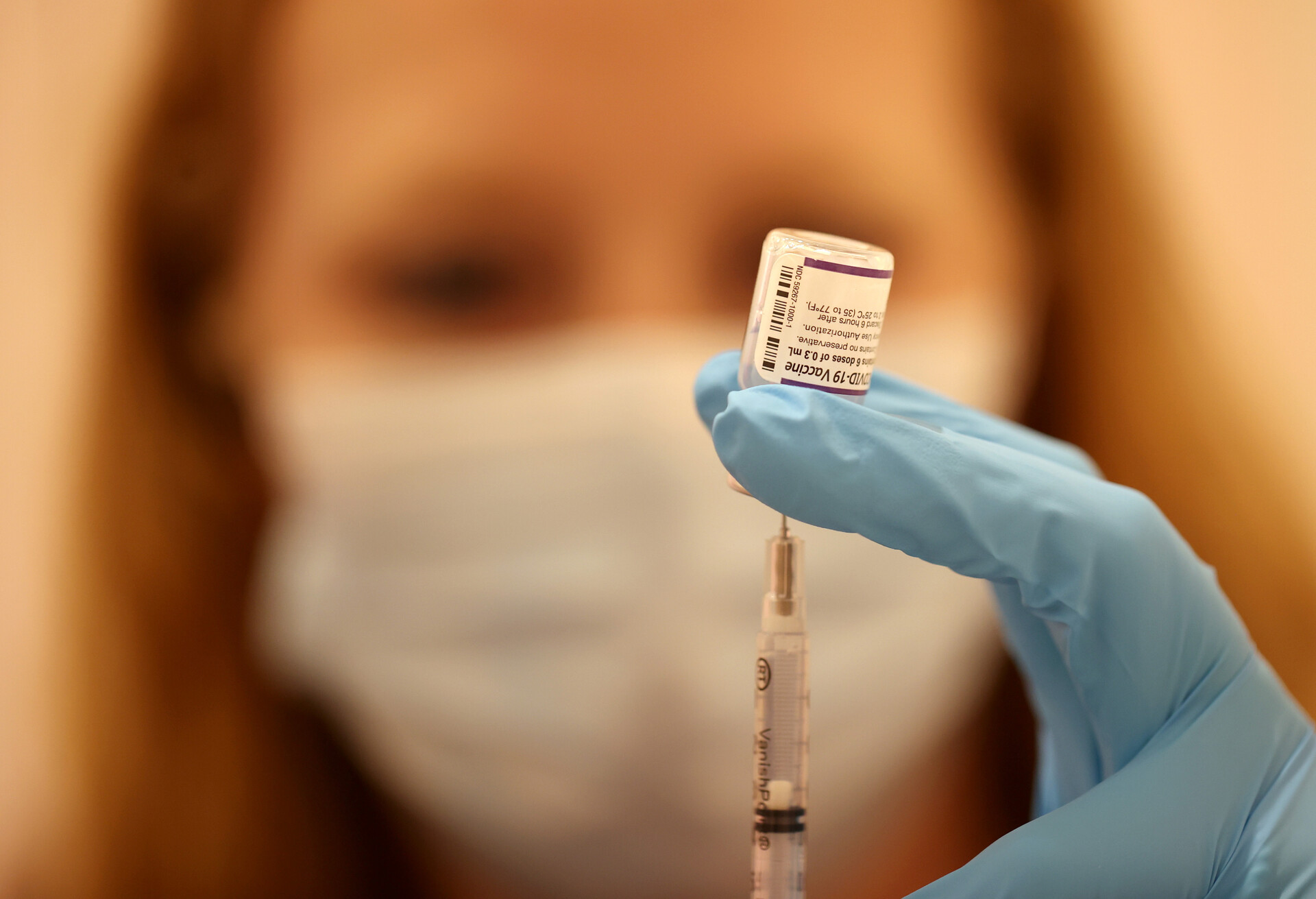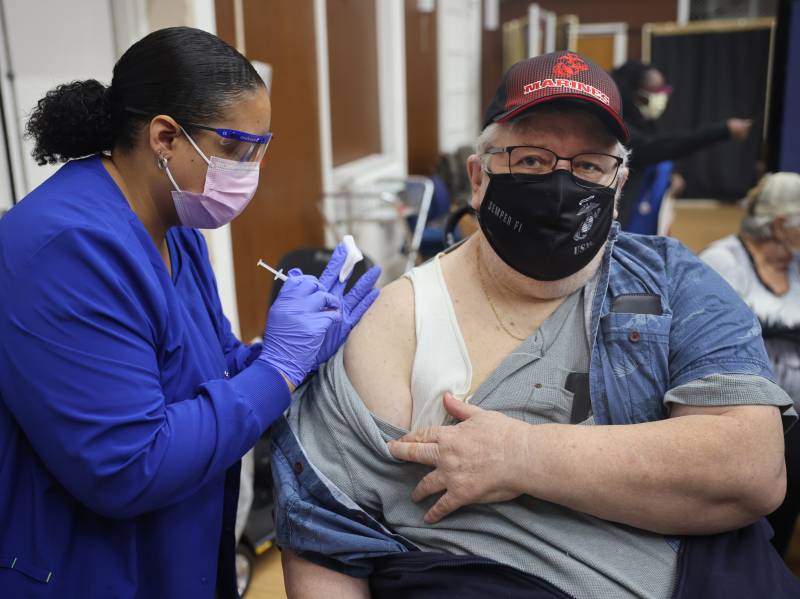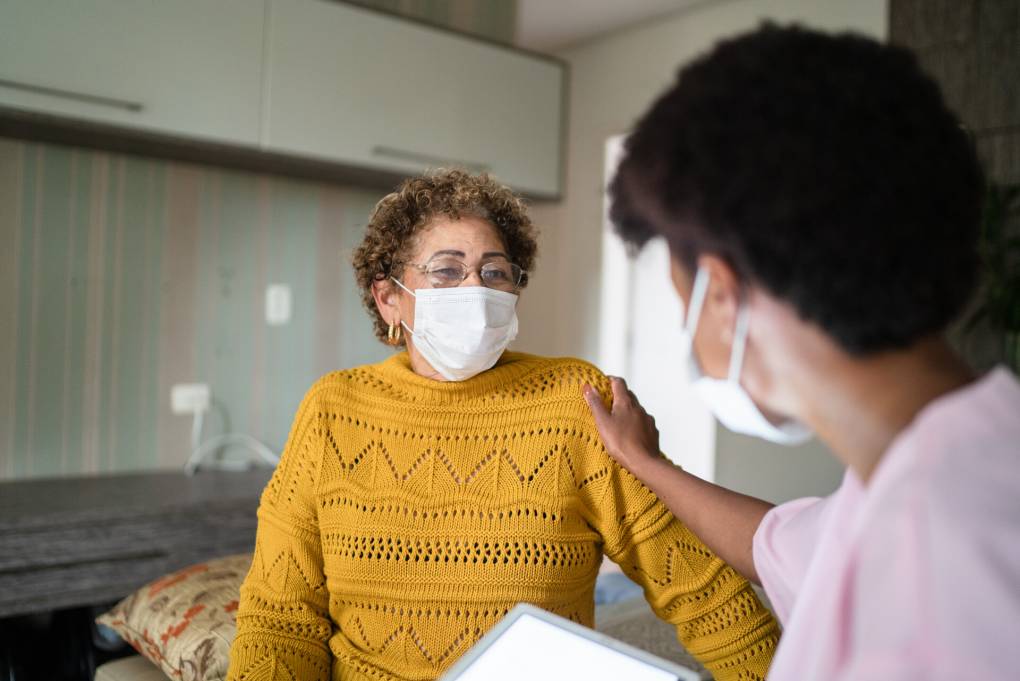The Food and Drug Administration has decided to allow some people to get a second booster with one of the COVID-19 vaccines that have been updated to target the omicron variant, NPR has learned.
The second shots will be limited to those age 65 and older who got their first shot of the bivalent vaccine made by Moderna or Pfizer-BioNTech at least four months ago, and to those with weakened immune systems who got one of those shots at least two months ago, according to a federal official who was not authorized to speak publicly.
The decision to authorize a second booster is expected to be officially announced within the next two weeks.
While demand for another shot may not be high, the opportunity for extra protection will be welcomed by some people who got their first shot with one of the bivalent boosters last year.

The FDA has only authorized one booster dose of the newest formulations of the COVID vaccines. The agency was instead focusing on planning for an annual COVID booster campaign starting in the fall of 2023 — with vaccines that will have been updated to target whichever variant is expected to be circulating next winter.


9(MDAxOTAwOTE4MDEyMTkxMDAzNjczZDljZA004))
